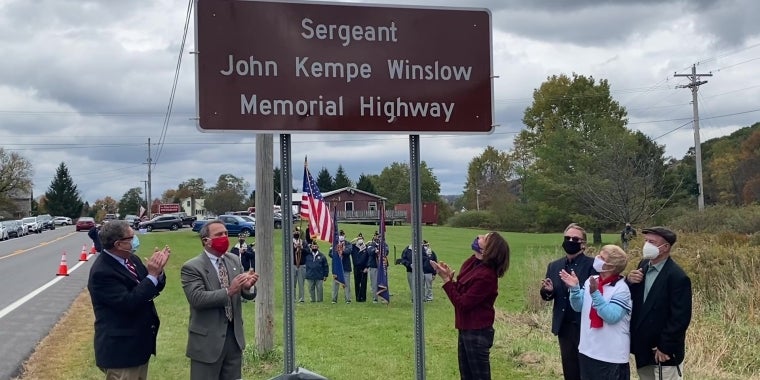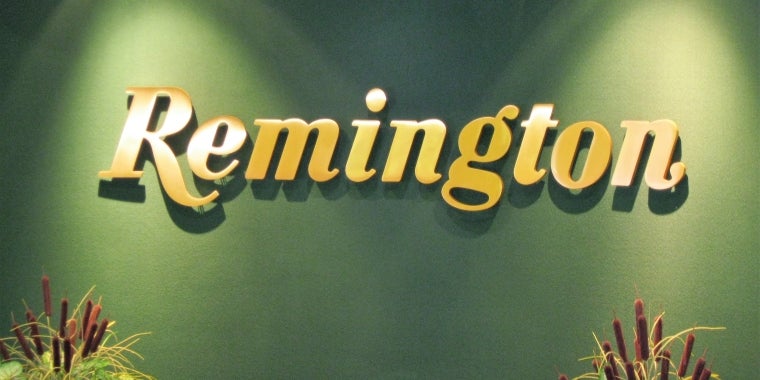
Senate Declares High Taxes Public Enemy #1
Senator James L. Seward, Senate Majority Leader Joseph L. Bruno and other members of the senate majority conference today announced a package of more than $8.4 billion in tax cuts, focusing on property tax relief, help for small businesses and relief from high energy costs, that will be part of a budget plan the senate will act on in early March.
The senate is estimating additional general fund revenues, above the governor’s projection, of $353 million in 2005-06 and $733 million in 2006-07. The revenue projection, based on an economic forecast by the senate’s nationally recognized fiscal consultants, Global Insight, shows that the total surplus, including spending re-estimates for 2005-06 approaches $4 billion.
"High taxes are public enemy #1," Seward said. "They hamper business growth, strain the family budget, and make expensive fuel even more costly. We have to rein in taxes in this state, and the battle starts here."
The budget the senate will act on next month and will submit to budget conference committee negotiations, will include a total tax cut package of more than $8.4 billion, including almost $3 billion in property tax relief, to be phased in over three years. The savings to state taxpayers in 2006-07 would be $1.3 billion.
"We are 31 days away from budget deadline, and I believe we can work through an open, public process and, once again, get a budget done on time," Senator Bruno said. "The people expect us to be accountable in the budget process, they expect us to deliver a result that is on time and is responsive to the hardworking, overburdened taxpayers, especially in reducing real property taxes and helping businesses create and retain jobs."
"The revenue forecast shows there are more than enough funds to return money to taxpayers through property tax cuts and tax reductions for businesses and energy costs, as well as to meet the needs of the state in education, health care and other areas," Senator Bruno said. "The senate majority is currently receiving sub-committee reports and recommendations on the governor’s budget, and when the senate acts on its own budget plan, it will include $8.4 billion in tax cuts, when fully phased in."
"I look forward to working with my colleagues on both sides of the aisle to stay on target and complete another on-time budget in 2006," said Senator Owen H. Johnson. "Now that we have the revenue forecast report complete, there is no reason that we cannot accomplish this goal. As we negotiate the 2006-2007 budget, it is absolutely essential that we focus on providing tax relief to working families and struggling small businesses. The senate’s tax relief plan would save property taxpayers more than $2.8 billion and give small businesses the boost they need to succeed and grow in this changing economy."
Highlights of the senate tax cut package include:
PROPERTY TAX RELIEF - Easing the Burden
> $2.2 billion in direct rebate checks to property taxpayers; also, senior citizens would have the option to freeze their property taxes when they reach age 70, in lieu of a rebate;
> $250 million in additional property tax relief savings by providing for an annual adjustment of STAR benefits to reflect increasing home values; and
> $435 million for a new Small Business STAR program that would provide direct property tax rebate checks to businesses that employ fewer than 50 people.
PERSONAL INCOME TAX RELIEF - Money Back in the Wallet
> $400 million would be returned to parents through an education tax credit for costs of attending another public school, a qualified non-public school or for tutoring;
> $100 million would be saved, primarily by senior citizen homeowners, by expanding the real property tax circuit breaker for the first time since it was enacted in 1977;
> $200 million in tax savings as a result of PIT adjustments for middle-income taxpayers;
> $75 million in savings to low income New Yorkers by expanding the Earned Income Tax Credit; and
> $39 million in tax savings for volunteer firefighters and EMS personnel.
BUSINESS TAX CUTS - Creating & Retaining Jobs, Helping Small Businesses Prosper
> $600 million in savings to businesses by eliminating the income tax and corporate franchise tax on manufacturers, regardless of size;
> $1.7 billion to provide an income tax credit to help small businesses afford health insurance costs for employees; and provide incentives to offer health savings accounts and freedom policies; The Senate is also proposing to expand the Healthy NY program so more small businesses can afford to provide health insurance for employees;
> $400 million in savings by eliminating the supplemental personal income tax on small businesses;
> $60 million in relief through reforms of the corporate franchise tax; and
> Small businesses would also save through the Senate’s $435 million Small Business STAR property tax rebate plan and a $350 million energy tax credit plan;
ENERGY TAX RELIEF - Helping People Afford Increasing Energy Costs
> $350 million in savings through a refundable tax credit to help small businesses with rising energy costs;
> $140 million in savings to more than 640,000 senior citizens through the Senate’s "Senior Heat" program. Based on the enhanced STAR program, this initiative would provide a $200 rebate check to senior citizen homeowners to offset the cost of home heating and a $100 refundable tax credit to seniors who rent and pay for their heat;
> $100 million in relief from high gasoline prices by capping the State sales tax on gas at $2 per gallon;
> $15 million tax credit for use of alternative energy sources; and
> $40 million in sales tax exemptions on energy saving products.
The critical need to provide relief from property taxes was made clear by a December 2005 report by Global Insight ("Assessing the Comparative Cost of Local Government Services in New York State") that concluded that local property taxes in New York State averaged $3,750 per household, exceeded only by the states of Connecticut and New Jersey. When combined with local sales, income and other taxes, the local tax burden in New York averaged $6,377 per household, the highest in the continental US and more than twice the national average of $2,952.
Property taxes have increased by 19.6 percent over the 1997-2002 period in New York, reflecting an increase in local government expenditures by 30 percent. School tax levies alone have increased by an average annual rate of 7.7 percent since 2001. Over the previous three years, county officials have pointed fingers at Albany as the root cause of ever increasing property taxes, blaming increased growth in Medicaid and pension payments as the need to increase property taxes at times by double digit rates of growth.
At $5,094 per household, New York ranks first in the continental United States in the amount of total local taxes levied per household, even when excluding the local cost of Medicaid and other public welfare spending. In addition, the Global Insight report found that in 2002, local government spending was up to $4 billion higher in New York than the average of ten states delivering similar services.
"The senate has responded to problem of high local property taxes by capping local Medicaid costs, taking over the local share of the Family Health Plus program and increasing local aid," Senator Bruno said. "And this year we are fighting for direct property tax relief, as well as increasing incentives for localities to share services and to crack down on Medicaid fraud. However, the problem of high property taxes is simply too big and too complex to be solved in one state budget; we need local governments to work with us to reduce a property tax burden that is causing people to leave the state and hurting businesses."
#####



